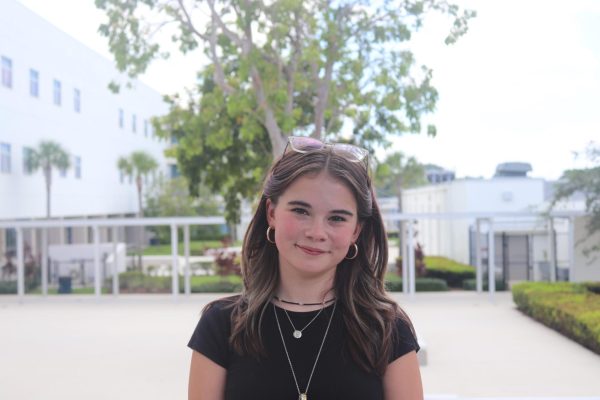Over the last few weeks, college campuses across the U.S. have seen pro-Palestine protests and encampment efforts leading to the subsequent arrest of students involved. Columbia University became one of the driving forces of the protests nationwide, and starting on April 17, students set up encampments in an attempt to stand against Columbia University doing business with Israel or companies supporting the Israel-Hamas war, leading to the New York City Police Department being called to Columbia’s campus the very next day and arresting more than 100 protestors. Columbia then canceled in-person classes and set a deadline at midnight on April 24 for protesters to clear out. Meanwhile, police have also made dozens of arrests at New York University and Yale University.
The protests have taken the form of tent cities within campus green spaces or common areas and have been largely peaceful — though not always. April 30, at Columbia University, police evicted protestors who had occupied Hamilton Hall on their Manhattan campus. On the West Coast, on May 1 at the University of California, Los Angeles, law enforcement in riot gear ordered the dispersal of thousands of students, alumni and neighbors who had gathered, threatening those who resisted arrest. The prior night, counter-demonstrators attacked a pro-Palestine encampment where the attacks, including the shooting of fireworks and spraying of chemicals, continued on for multiple hours before police intervention. No arrests related to the counter-attack have been made.
Contrastingly, Rutgers University, Brown University and Northwestern University have come to compromises with their students participating in the protests. These negotiated resolutions are in stark contrast to the police force many other universities are using to clear pro-Palestinian encampments.
At Rutgers, on May 2, the administration offered the students concessions on eight of their 10 demands, so long as students cleared their encampment by 4 p.m.. At Brown, on April 30, the university and student protestors came to a multi-month agreement; in May, five students will meet with five members of the Corporation of Brown University to argue for divesting funds from companies connected to the Israeli military. In September, Brown’s advisory committee on resource management will be expected to advise the university on the same issue. Finally, in October, the committee’s recommendation will be brought to the corporation for a vote.
Northwestern administration and student protestors came to an agreement as well. Though Northwestern did not commit to divesting from companies linked to Israel’s military campaign, the university would be more transparent about its financial holding, which protestors saw as a first step towards their goal. In return for Northwestern’s commitments, the demonstrators were made to remove the encampments they had sent up at Deering Meadow.
Pro-Palestine university campus protests have not only been within the U.S. but have started to spread to other countries as well. One active international university was Sciences Po in France, in which students occupied a campus building overnight. Demonstrators in Britain also set up encampments at University College London and universities across Bristol, Newcastle and Warwick.



